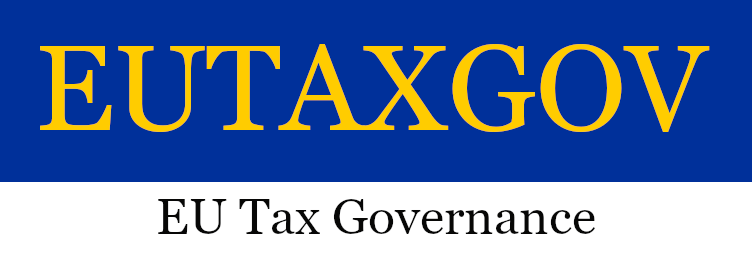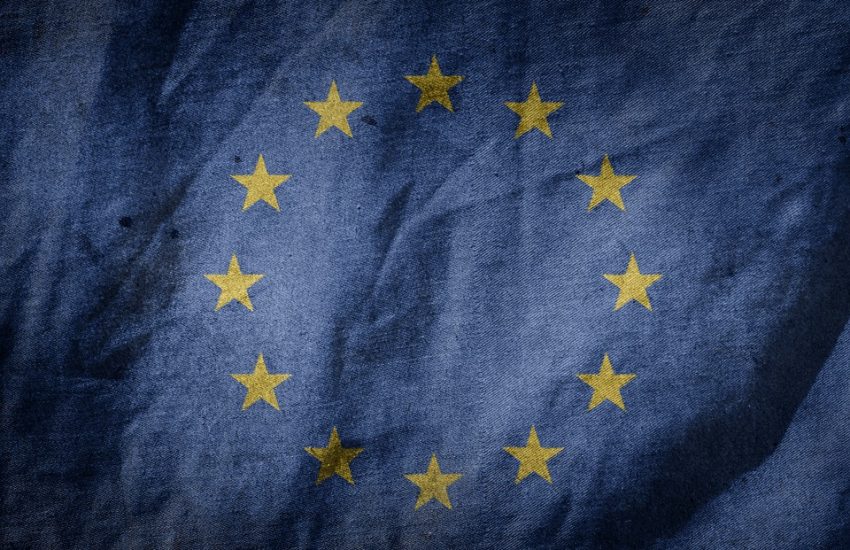By Irma Johanna Mosquera Valderrama and Wouter Lips
The 2018 European Consortium of Political Research Conference (ECPR) in the Session Taxation in the 21st Century introduced a panel discussing Change and Stability in Global Tax Policy. In this panel, the role of the EU was discussed from a Law and Political Science perspective.
One of the research objectives of the GLOBTAXGOV project is to analyze the role of the EU in international tax law making. This question has been linked to the paper discussed at the ECPR Conference that addresses the role of the standard of good governance in tax matters in respect of third (non-EU) countries.
The work on the standard of good governance in tax matters has been discussed since 2008, when the ECOFIN Council introduced the standard with a view to tackle tax fraud and tax evasion. At that time, the standard included transparency, exchange of information (on request) and fair tax competition. Later on, several international developments have changed the content of this standard, such as the adoption of the Global standard on automatic exchange of information in 2013, the BEPS Project in 2015, the BEPS Inclusive Framework, or the BEPS 4 Minimum Standards in 2016; the EU also introduced several developments, including the five amendments to the Administrative Cooperation Directive, the Anti-Tax Avoidance Directives (ATAD 1 and 2), and the list of non-cooperative jurisdictions. As of April 2018, this standard includes transparency, exchange of information (on request), fair taxation and the BEPS 4 Minimum Standards.
This ECPR presentation shows how the standard — not only applicable to EU countries but also to third (non-EU) countries— has evolved since 2018 along with the above-mentioned developments, and portrays the role of the EU in light of the use of this standard as a condition for aid and trade agreements (amongst others) with third (non-EU) countries, a new role that may raise tensions.
Arguably, the standard is not applicable in the same way in all agreements, which may also influence the ongoing trade negotiations with countries in the ASEAN region, and with ACP (African, Caribbean and Pacific countries) among others (see also presentation and blogpost in EUCROSS conference).
While writing the paper for this conference, one of the questions that came to mind was the changing role of the EU Commission, the EU Parliament and the ECOFIN Council, and how these changes are affecting direct taxation, a field previously conditioned by unanimity. Recent developments —such as the five amendments of the Administrative Cooperation Directive and the approval of the ATAD 1 and 2— show the fast pace at which changes in direct taxation are taking place.
Interestingly enough, other ECPR papers in the panel raised similar questions regarding the role of the EU, mainly from a political science perspective. Therefore, the papers in this panel complemented each other by providing an EU tax law perspective and by analyzing the political changes that are currently taking place in direct taxation in the EU.
For instance, two questions addressed in this panel were (i) the existence of a contested role of the EU vis-à-vis the OECD and (ii) how is this role influencing the OECD international tax initiatives.
In line with the first question, the paper presented by Rasmus Corlin Christensen —“The Micropolitics of International Tax Reform”— analyzes how the new role of the EU poses an important challenge to the historical dominance of the OECD.
Regarding the second question, the paper presented by Wouter Lips at the ECPR Conference —“Digital Economy and International Taxation: A Post-BEPS Agenda Already?”— addresses the role of the EU in the case of taxing the digitalized economy, one of the key debates surrounding international taxation at this moment. In order to investigate the two Directive proposals on digital taxation launched last March by the EU Commission —an interim tax on the revenue of certain digital services and a long-term proposal for a significant economic presence giving rise to tax liability— and what this challenge means for the OECD negotiations on digital taxation, Lips conducted several interviews with tax policy makers in the OECD and at EU institutions.
The paper sets out to show how little chance the two EU proposals actually have to be adopted: the unanimity requirements and heavy disagreement in the EU Council over both proposals and the preferability of an EU go-it-alone approach make their implementation highly unlikely.
The paper also investigates the effects that this has on the OECD process, and argues that this might have been the EU Commission’s long-term game, a phenomenon referred to as cross-platform policy entrepreneurship. Both proposals make the problem of unilateral measures to tackle the digital economy much more urgent and realistic at the OECD level. As such, they help to redefine the problem at the OECD level from ‘is there a problem with digital economy that actually needs reform?’ to ‘how can we avoid that countries go at it alone on taxing the digitalized economy?’ Even countries that do not agree that the digitalized economy requires reform of its international tax rules should not view uncoordinated, unilateral actions as preferable, and thus might be compelled to r.
At the same time, the proposals —and certainly the digital services tax— serve to put pressure on the country that opposed reforms for the digitalized economy the most: the United States. By attempting to change the definition of the ‘problem stream’ at the OECD and the dynamics of the ‘political stream’, the paper argues that the goal of the EU proposals were not to come up with an EU policy per se, but to increase the chance for a policy reform window at the OECD level.
This shows that we need cross-fertilization among disciplines, and that political science can receive help from tax law and EU law experts to address the role of the EU in international tax law making— and vice versa.

